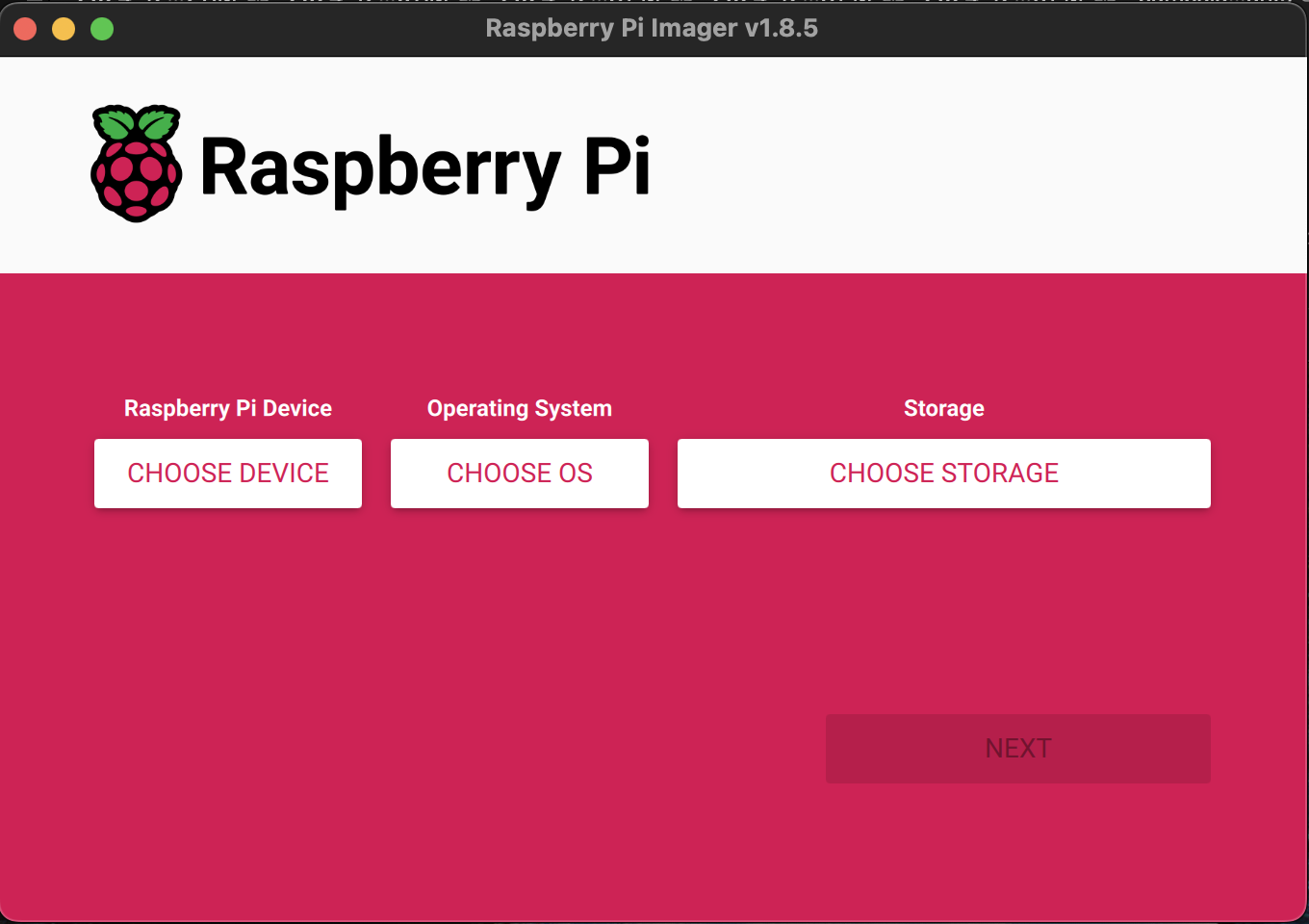Affortable Table Top Arcade Machine
3508 Views, 50 Favorites, 0 Comments
Affortable Table Top Arcade Machine



A full-scale arcade machine costs anywhere from $500 to thousands of dollars. This desktop arcade machine costs less than $250 in materials and can play a variety of different games. The arcade machine runs on Retropie and can accommodate two players. I decided to make the arcade machine because I wanted a better way to play video games with friends.
Supplies
Material needed:
- 1/2 inch plywood 4 x 8 ft (I recommend Maple) $40 - 70
- 10 - 20 screws (any kind) $5 - 10*
- Rasberry pi 4 $45
- Buttons and Joystick (amazon) $45
- Monitor (designed for 21 by 13 inch) $75 - 150*
- Scrap wood (to hold sides together) $10*
- hdmi to micro hdmi cable (amazon) $8
- [optional] port extension for Raspberry pi (amazon) $10
Total cost: $228 - $310
*estimate prices
Tools Needed:
- Drill/impact driver
- Orbital Sander
- CNC machine
- Clamps
- Drill bits:
- 1 1/4 inch woodboring bit
- assortment bits
- Countersink bits
Digital Design


Before starting the woodworking, I designed the arcade machine in Fusion 360. I made the arcade machine to fit an old monitor, which was 21 x 13 inches. The monitor cutout can be adjusted to fit any size monitor.
Downloads
Cutting the Wood


The best option is to use a CNC machine to cut out the pieces. It's possible to use other methods, but a CNC machine is the easiest. All the pieces fit into a 4 x 8 ft plywood sheet. Export the STL into a CNC software and cut out the pieces.
Downloads
Assembly



Align two sides at a time, place a piece of scrap wood—you can also cut up pieces of 2 x 4—hold down the support wood with a clamp. Use a drill with a countersink drill bit to pre-drill a hole into the plywood and the support wood, then use an impact driver to screw the pieces together. Repeat these steps for each side until the structure is sturdy. Make sure to have space between the side supports for the buttons and joystick.
After the assembly is complete, varnish or spray paint can be added to protect the wood. Wood filler can also be added to any holes accidentally drilled or to cover up screws. It is best to do this after painting or varnishing before adding the monitors or drilling holes.
Once the arcade machine is assembled, use a woodboring drill bit to put a hole in the back of the machine for the wires to plug into an outlet.
Drill Holes for Buttons




Use a 1 1/2-inch woodboring bit to cut holes for the arcade machine buttons. Use a drill press to ensure the holes are drilled precisely straight, but a hand drill will also work. I 3D printed a cutout to measure the distance between the holes. You can measure the layout of the holes with a tap measure or 3D print the button layout.
Downloads
Sanding and Finishing the Wood

After the assembly is complete and the holes are drilled, use the orbit sander and sandpaper to smooth the surface. Start with a lower grit and move your way up till the surface is smooth to the touch. Target the edges of the plywood; the edges will have the most blowout from the CNC machine. If the edges are a bit rougher, you might need to use box cutters. For a better finish use wood-filler to fill holes left by the screws.
After the sanding is complete, you can either paint the arcade machine or use your choice of varnishes.
Assembling Button Circuit



Push the plastic buttons through the holes and attach the microswitches to the bottom of the plastic button. Then attach the wires onto the microswitch prongs.
Adding Port Extension (optional)



The addition of a port extension can help with connecting a keyboard and mouse to the Raspberry Pi to troubleshoot without having to remove parts. The circular port has a diameter of 1.26 inches.
Load Software Onto Raspberry Pi



Download Raspberry Pi imager to upload software onto a Raspberry pi. Select the Raspberry pi device, then select Operating System and choose Retropie. Make sure to select the version of Retropie that correlates to your Raspberry pi model. Connect a micro sd to your computer and select the sd card under storage. Finally click next and choose whether you want to change additional OS customizations then select yes to continue. If you want to download game files over the internet, enter your wifi network and password under the addition OS customization.
Additional instructions to setup Raspberry pi:
Adding ROMs
ROMs stand for read only memory but refers to playable game files for the retro pi system. There are many ways to acquire ROMs (retro pi ROMs). After you choose a ROM, download it on your personal computer. There are two main ways of downloading ROMs onto the Raspberry pi, you can either wirelessly upload the ROMs over wifi—this method requires the Raspberry pi to be connected to wifi—or you can connect a ethernet cable from your laptop to the Raspberry pi—this method does not require a internet connection on the Raspberry pi—and upload the ROMs. After the ROMs are uploaded to the Raspberry pi, restart the Raspberry pi by temporary disconnecting the power. After the Raspberry pi is reconnected the game should show up on the screen.